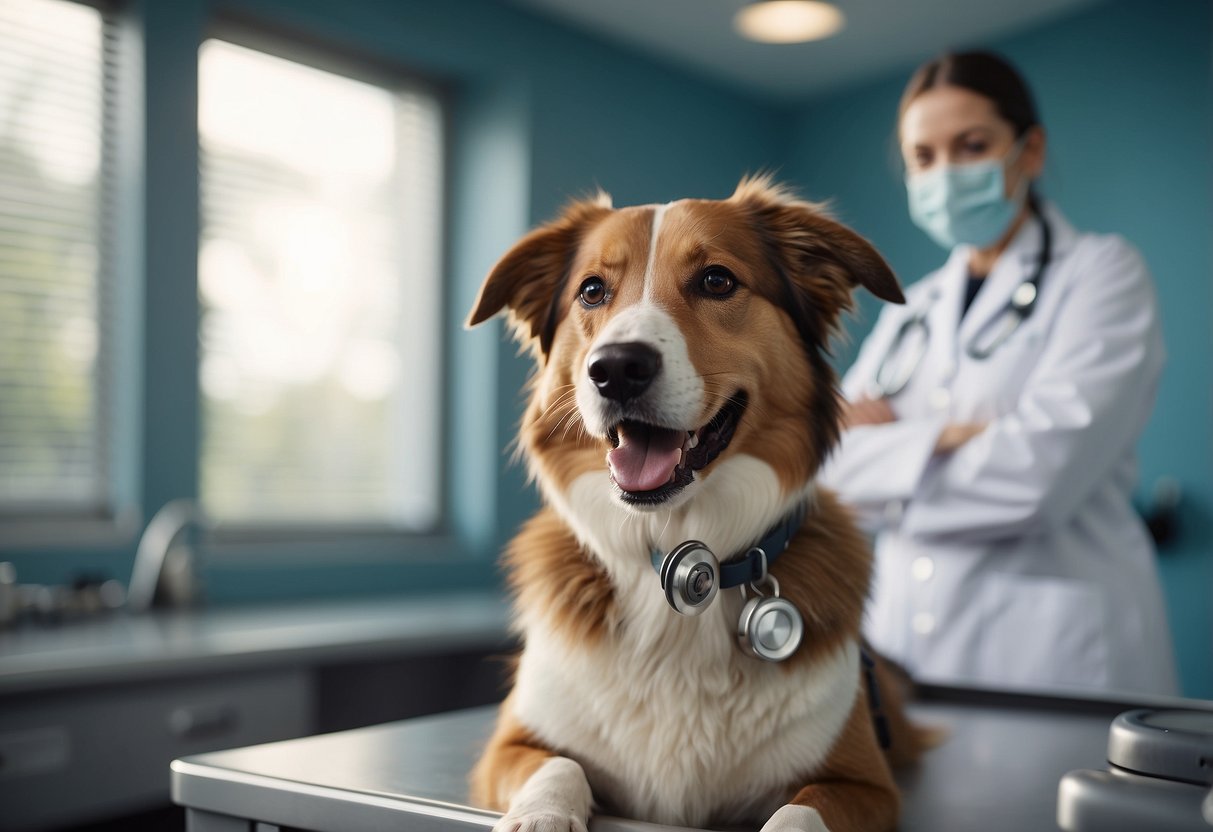
Senior Pet Care
As pets age, their healthcare needs change. Regular vet check-ups are crucial for detecting and managing age-related health issues early to ensure a good quality of life for senior pets.
Managing Age-Related Health Concerns
Age can bring a variety of health challenges for pets. Regular vet visits are essential for monitoring chronic conditions like arthritis, diabetes, and heart disease. Early detection allows for timely intervention, which can mitigate severe issues and enhance comfort.
A vet can also recommend dietary adjustments to support an aging pet’s nutritional needs. Special diets can address specific concerns, such as weight management, kidney function, or joint health. Keeping an older pet at a healthy weight reduces strain on the joints and organs, which is crucial for their wellbeing.
It’s important to monitor changes in behavior, appetite, and energy levels. These can be signs of underlying health issues that require medical attention. Routine check-ups also help in keeping vaccinations current and ensuring strong immunity against diseases.
Special Considerations for Older Pets
Older pets may need additional accommodations to keep them comfortable. For instance, senior dogs might benefit from orthopedic beds that alleviate pressure on aching joints. Ramps or steps can help them access higher places like sofas or cars without jumping, reducing the risk of injury.
Maintaining a regular exercise routine is vital, but should be adjusted to match their reduced stamina. Gentle walks or light play can keep them active without overexertion. Mental stimulation remains important; puzzle toys or training sessions can enrich their lives and maintain cognitive function.
Dental health is another critical aspect, as dental disease can lead to pain and other health problems. Regular dental check-ups and cleanings help keep their mouths healthy. Hydration is also key; ensure they always have access to fresh water, as older pets are prone to dehydration.
The Role of Diagnostic Tests
Veterinary diagnostic tests are essential for detecting health issues early and providing a baseline for future comparisons. They support targeted treatments and improve overall care quality.
Commonly Recommended Tests
Common diagnostic tests for pets include blood tests, urinalysis, and imaging such as X-rays or ultrasounds. Blood tests can reveal conditions like anemia, infections, or organ dysfunction. Urinalysis provides information on kidney function, urinary tract infections, and diabetes. Imaging helps identify structural issues, fractures, or internal injuries that aren’t obvious during a physical exam.
Veterinarians may also recommend fecal tests to check for parasites, heartworm testing for dogs, and thyroid tests for older cats. These tests help in catching diseases that might otherwise remain undetected until they become severe.
Interpreting Test Results
Interpreting test results requires an understanding of normal ranges and how deviations indicate potential health problems. For blood tests, levels of red and white blood cells, platelets, and enzymes are compared against standard values. High or low counts can signal infections, immune disorders, or cancers.
Urinalysis results are evaluated for abnormalities in pH, protein, glucose, and blood presence. Imaging results are examined for visible abnormalities in organ size, shape, and any masses or blockages. Combining these results with clinical signs enables veterinarians to diagnose accurately and prescribe appropriate treatments.



